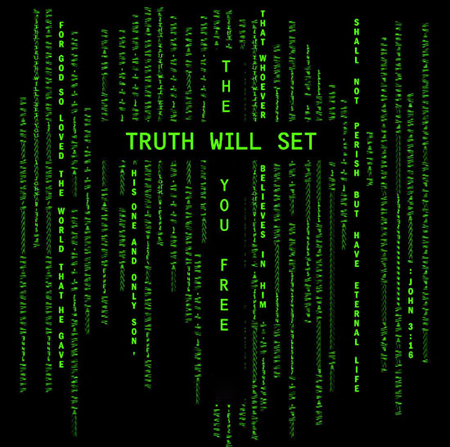
There is too little anguish in our Eucharists. To become one heart with each other involves anguish, the painful letting go of paranoia, selfishness, bitterness, hurt, jealousies, pettiness, the narrowness of vision, aggressiveness, shyness, and all those other things that keep us apart. Fr. Ron Rolheiser writes the above statement as a reality check on our fear of opening ourselves to the reality of being vulnerable. Jim Wallis writes, “In worship, the community is edified…if it does not edify itself here, it certainly will not do so in daily life, nor in the execution of its ministry to the world.” Christ was effective because Christ was vulnerable. He was also often in anguish. It would perhaps do all of us good occasionally to leave the Eucharist and, instead of going off for a lively brunch with the folks, go off as Jesus did after the first Eucharist to a lonely place to have an agony in the garden and to sweat some blood as we ask for the strength to drink from the real chalice – the chalice of vulnerability. Occasionally, when St. Augustine would hand the Eucharist to a communicant, he would, instead of saying “the body of Christ,” say: “Receive what you are.” Augustine had perceived, for whatever reasons, that the words of consecration – “this is my body, this is my blood” – are intended more to change the people present than they are meant to change the bread and wine. For him, it was more important that the people become the real presence of God, that they become food and drink for the world, than that the bread and wine do. That is, in fact, the real task of the Eucharist: to change people, to create out of us the real presence. It is in this vulnerability that Christ showed us that we touch the heart of God and the true joy of living this life he has blessed us with. People will celebrate as a community only when self-protectiveness, mutual suspicion, and macho posturing are first broken down. When this happens, hearts of stone will turn to hearts of flesh, bitterness to charity.









